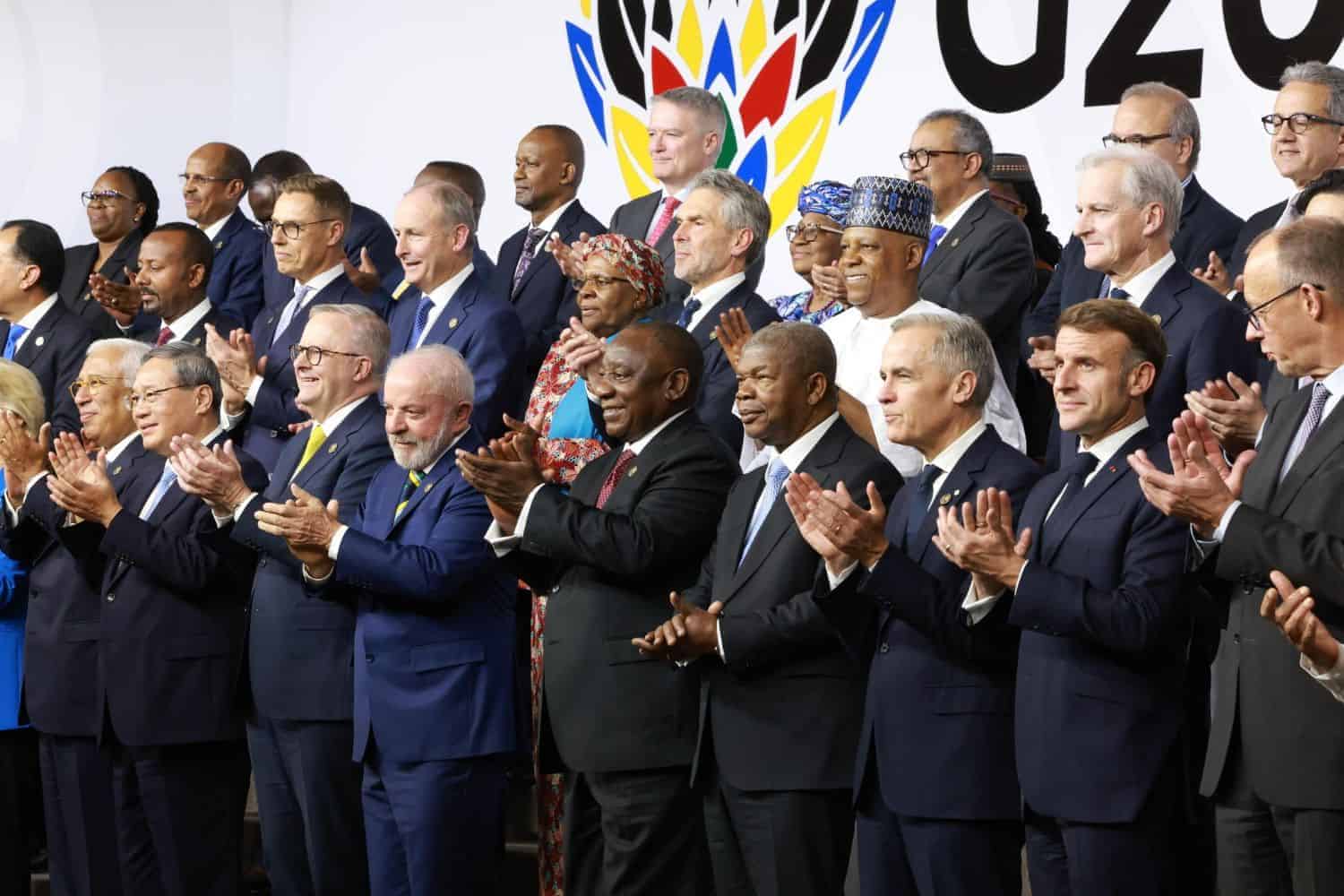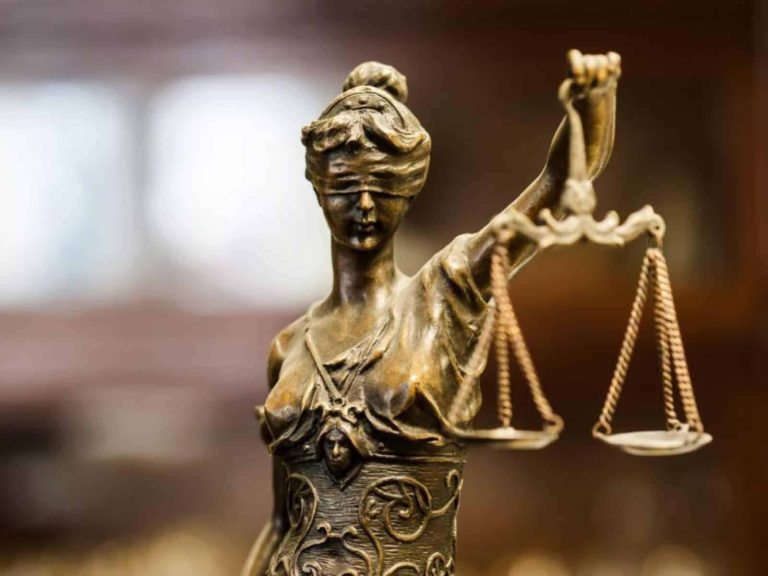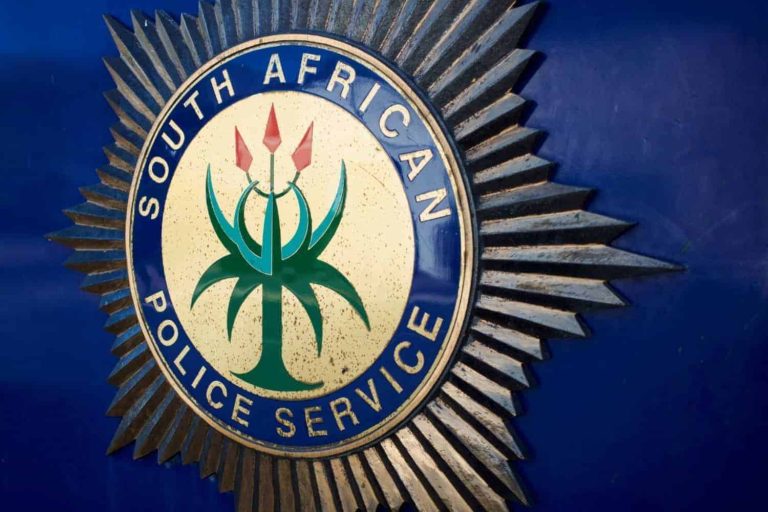
World leaders left Johannesburg with an outpouring of affirmation for the host nation, but will the heads of state present take a stand as the United States (US) attempts to take the shine off South Africa’s moment?
Hours after the US received the symbolic G20 gavel during a subdued administrative handover on Wednesday, President Donald Trump announced that he would not invite South Africa to the 2026 edition of the summit.
Little support has so far come from European, African or Asian leaders, while established political fault lines remain locally.
AfriForum CEO Kallie Kriel described Trump’s latest comments as “an unfortunate development”, with the EFF characterising the US stance as “reckless, brazen and vindictive”.
G20 is a secondary concern
No show of solidarity has come from G20 members as yet, save for German ambassador to South Africa, Eswatini and Lesotho Andreas Peschke posting on X that “South Africa is needed at the table”.
Political analyst Professor Andre Duvenhage said G20 matters were no longer pressing, explaining to The Citizen that other events were now dominating the world agenda.
The European Union is dealing with a possible peace treaty between Ukraine and Russia, where Trump has spent the week playing a prominent role.
Duvenhage said that the no-show of five other G20 leaders, in addition to Trump, was already a marker that the summit was secondary to other issues.
“There will be a continuation of bilateral relations, but not so much in terms of these groupings standing up as the G20 and making a statement.
“There may be voices coming from Africa saying we need to be representative, but as for the other states, I am just not seeing them in a direct way propagating the case of South Africa.
“We may see support from certain sources behind the scenes, but I don’t see a leader standing up and saying we need to fight for South Africa to be part of the G20 in 2026,” explained Duvenhage.
No G20 charter exists
Suggestions have been made that Trump would not have the power to exclude South Africa from next year’s event, but Duvenhage described the G20 as an informal structure without a secretariat or constitution guiding a fixed agenda.
The German Federal Ministry of Finance states the G20 is an “informal forum” and not an international organisation with administrative structures.
“G20 decisions are not legally binding; the member states make voluntary commitments which carry considerable political weight,” stated the ministry.
The Canadian government adds that the G20 has no charter or permanent secretariat, and that the programme is set by the host nation.
“The presidency is responsible for setting the group’s agenda, preparing leaders’ summits, and organising preparatory meetings that advance G20 work throughout the year.
“Ministerial meetings, working groups, and other experts’ groups are added or removed by the presidency based on the host’s priorities,” states the Canadian government.
‘A tactic to retaliate’
The EFF on Thursday placed the blame for the friction at Trump’s feet for refusing to send a senior official to observe the G20 Presidency handover.
“When it became clear that no G20 member supported this stunt, and that the summit would proceed smoothly without him, he suddenly reversed himself and tried to save face,” the party stated.
In announcing South Africa’s potential exclusion, Trump repeated his stance that Afrikaans South Africans were being subjected to human rights abuses.
“The EFF warns that these repeated attacks are not moral outrage but a tactic to retaliate against South Africa’s foreign policy decisions that do not serve the US’ interests,” the party said.
Kriel suggested it was more to do with South Africa’s allies and public remarks, citing a recent visit by the Iranian ambassador where Minister of International Relations and Cooperative Governance Ronald Lamola made anti-American statements.
“[Lamola] acted directly against South Africa’s interests by publicly accusing President Donald Trump of having a ‘white supremacy’ agenda,” stated Kriel.
Kriel reiterated appeals for the government to acknowledge the severity of farm murders and scrap expropriation laws — clear targets of the Trump administration.
Making an enemy of the US
Duvenhage agreed that South Africa’s allegiances would inflame tensions with the US, but said Trump’s approach to diplomacy was not unique to South Africa.
“South Africa was declaring the US indirectly as an enemy, aligning with countries like Russia, China… the Iran connection, the court case against Israel… the problem with minorities and black economic empowerment…so they have problems with South Africa internationally and locally,” the professor said.
“It shouldn’t come as a complete surprise that the Americans would like to sideline South Africa from the G20.”
He added that “there is a reality we need to take into consideration”, which was that South Africa was not in an economic position to go toe-to-toe with the US.
Though not agreeing with or endorsing Trump’s tactics, Duvenhage suggested South Africa needed to “play the game” with a more astute hand.
“I think this is very negative for South Africa. It could also indicate a new phase in the G20’s growth and development, and I think it can also be part of a bigger reconfiguration of world institutions.
“We are in a phase of change, and I honestly believe South Africa is not positioning [itself] correctly according to a new set of circumstances,” Duvenhage concluded.
NOW READ: ‘SA does not appreciate insults,’ Ramaphosa says after Trump bars Pretoria from G20 Summit in US



